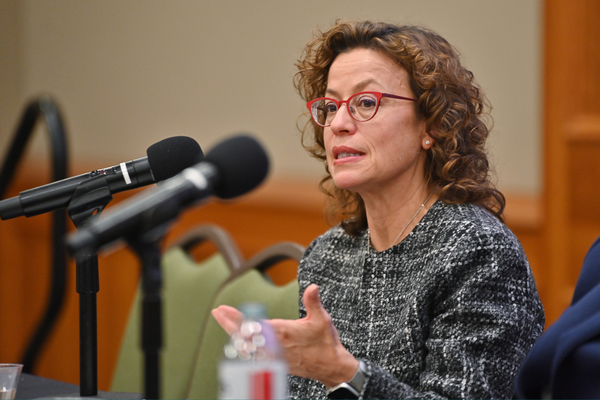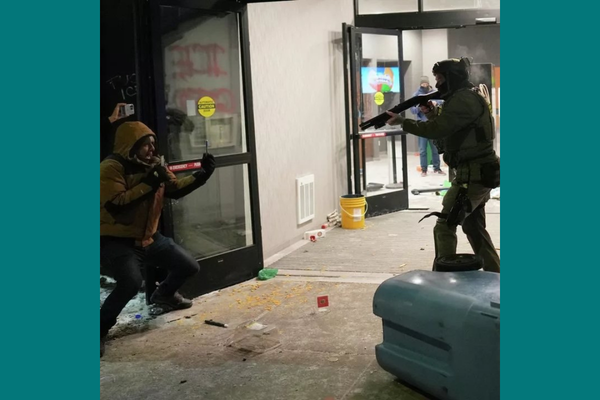Five Questions About Detained Journalist Mario Guevara
He is the only U.S.-based journalist being held by ICE
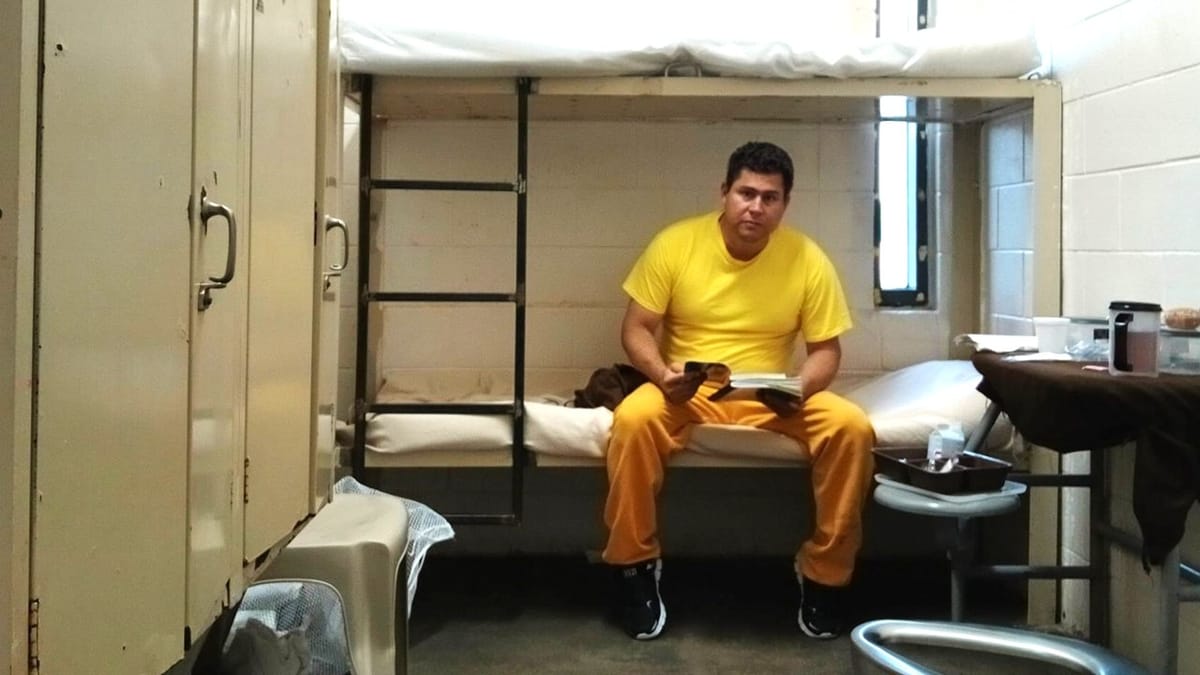
This is the first week of Pressing Issues, and since publishing Craig Aaron’s welcome piece on Tuesday, our list has grown by more than 200 members (thanks!), so for many of you this is the first post you are receiving in your inbox. Welcome! We will be publishing every Tuesday and Friday. Here’s my debut post. — Julio
As a Latino journalist who has covered press freedom stories in the United States, Puerto Rico and Latin America, I have been closely following the case of independent, Spanish-language journalist Mario Guevara ever since he was arrested on June 14 by local police while covering a “No Kings” protest in the Atlanta area.
Even though the misdemeanor charges against him were dropped (as they should have been because Guevara was just doing his job), that didn’t stop U.S. Immigration and Customs Enforcement (ICE) from using an immigration detainer to keep him behind bars and under the agency's custody.
Guevara is still being held, making him the only U.S.-based journalist being detained by ICE, according to The Atlanta Journal-Constitution.
As the Committee to Protect Journalists (CPJ) notes: “Guevara arrived legally in the United States from El Salvador in April 2004, and applied for asylum in 2005 due to the dangers he faced as a journalist in El Salvador.”
He has been serving the Atlanta-area community for over 20 years now, focusing mostly on immigration. Currently, Georgia’s immigrant population is 11.6 percent of the state, or about 1.3 million people.
Guevara is a true independent journalist — a solo newsroom — and his work is well-known not only in the Atlanta area but also across several U.S. Latino communities. His Facebook page has more than 783,000 followers.
Last week, my Free Press colleague Nora Benavidez was one of several speakers at a press conference demanding Guevara’s immediate release. The conference included Guevara's family members, lawyers and other allies, like the ACLU of Georgia and CPJ.
Nora Benavidez at the Mario Guevara press conference, July 22, 2025
Nora is Free Press’ senior counsel and also a board member of the Georgia First Amendment Foundation, which has been supporting the case. This is what she told me:
Julio Ricardo Varela: It's been over a week since a press conference for Mario's release was held at the Georgia State Capitol. What is the status of his case since then?
Nora Benavidez: Mario is still in federal custody and going on 50 days now. Despite having no criminal charges against him. Despite the immigration court granting his release on bond. Despite there being a complete dearth of reasons for his continued detention.
JRV: How is Mario doing, with his detention now nearing 50 days?
NB: Mario’s whereabouts were unknown at various times throughout the last 50 days. After the immigration court granted him release on bond, he was ping-ponged back and forth to various facilities around the state of Georgia. From ICE custody to local county custody and back to ICE custody. He has been to at least four different government jails and detention facilities. Now he’s in Folkston, a small town on the edge of Florida — many hours from Atlanta and from his family. It’s hard to get to Folkston, which, either by design or happenstance, means Mario is largely cut off from the world. My sense is that this is by design, to isolate him and to make an example that would chill others who might see this case and worry about the repercussions of their own expression and journalism.
JRV: Why is this case important to you personally? Why help take it on?
NB: Every aspect of this case feels critical right now. It’s obviously a case that has existential implications for our basic rights and the premise that we can engage in our free speech, exercise press freedom and exercise constitutional rights absent consequence from the government. It feels important because it really showcases the way that those in power right now are trying to silence dissent, criticism, and even basic understanding of what the government is doing.
But at a personal level, it feels like this case is so critical for a few reasons: It’s in Georgia — a state in which I’ve lived and worked as a civil rights attorney for many, many years. It’s a case about a journalist who is speaking truth to power. This issue is very close to my heart. And not just because I know Mario from being in the community. It’s a case that, truly, should be close to all of our hearts.
JRV: How has the general public responded to his case? Is it enough?
NB: I don’t think there’s ever enough support for these kinds of cases. And frankly, people have lives to live, mouths to feed, jobs to work and paychecks to get. It’s hard to feel like someone you don’t know — detained in some far-away location with the facts somewhat unknown to you — has relevance for your life. But Mario’s case is the tip of the spear for us all. If Mario is detained today, it could be any one of us tomorrow.
So we need more solidarity and support for the case. Mario’s case is disturbing, yes, but I don’t think he will be the last journalist held for doing his work and giving the public the facts.
The Trump administration does not want a counter-narrative out there. Just like students from Columbia or Georgetown or Tufts, some of who, like Mahmoud Khalil, were detained for over three months for exercising their free speech rights, condemning what is happening in Gaza. These students were never threats to our society.
And journalists like Lauren Tomasi and other journalists, who were hit with rubber bullets and attacked with tear gas while covering the protests in Los Angeles, while doing their constitutionally protected job of exposing the facts and bearing witness to dissent against an increasingly authoritarian administration. Those folks were never a threat to our society, despite the administration’s portrayal of them as somehow dangerous to society, a threat to foreign policy, or appropriately targeted and detained.
Expression is always cast as criminal because authoritarians in power dislike the message and the ability these individuals have to stir our consciousness. That is exactly what cases like Mahmoud's or Mario’s can do for us. They have the power to wake us up. And we need to wake up.
JRV: What will a win mean if Mario were to be released?
NB: Mario should be released immediately, full stop. Any continued detention is a stain on our press-freedom rights and the First Amendment more broadly, normalizing that it’s somehow OK to detain a person absent cause. And we have to remind people that this is absolutely not normal. Mario’s detention harms him and others — others who might be chilled because of how they’ve seen Mario targeted for his work. And it harms the public, now unable to receive his reporting. So, frankly, the win we need right now is his release.
The win we need longer term is a complete rejection by the public and the courts that the arrest of Mario Guevara was at all necessary or constitutional. Journalists held in detention for prolonged periods are a symptom of dictatorship, of authoritarianism, of a possible future most people don’t want.
Teamwork
We have the best colleagues. Here’s what they’re up to:
Congrats to Free Press Co-CEO Jessica J. González for being named to UC Berkeley’s Goldman School of Public Policy’s inaugural cohort of Democracy Policy Fellows. Starting later in this academic year, Jessica will work with seven other California-based leaders to enhance public policy efforts to sustain democracy.
Free Press Action has been working with Pennsylvania State Rep. Chris Rabb on a bold and timely proposal that will support local news and invest in residents’ civic-information needs in the state.
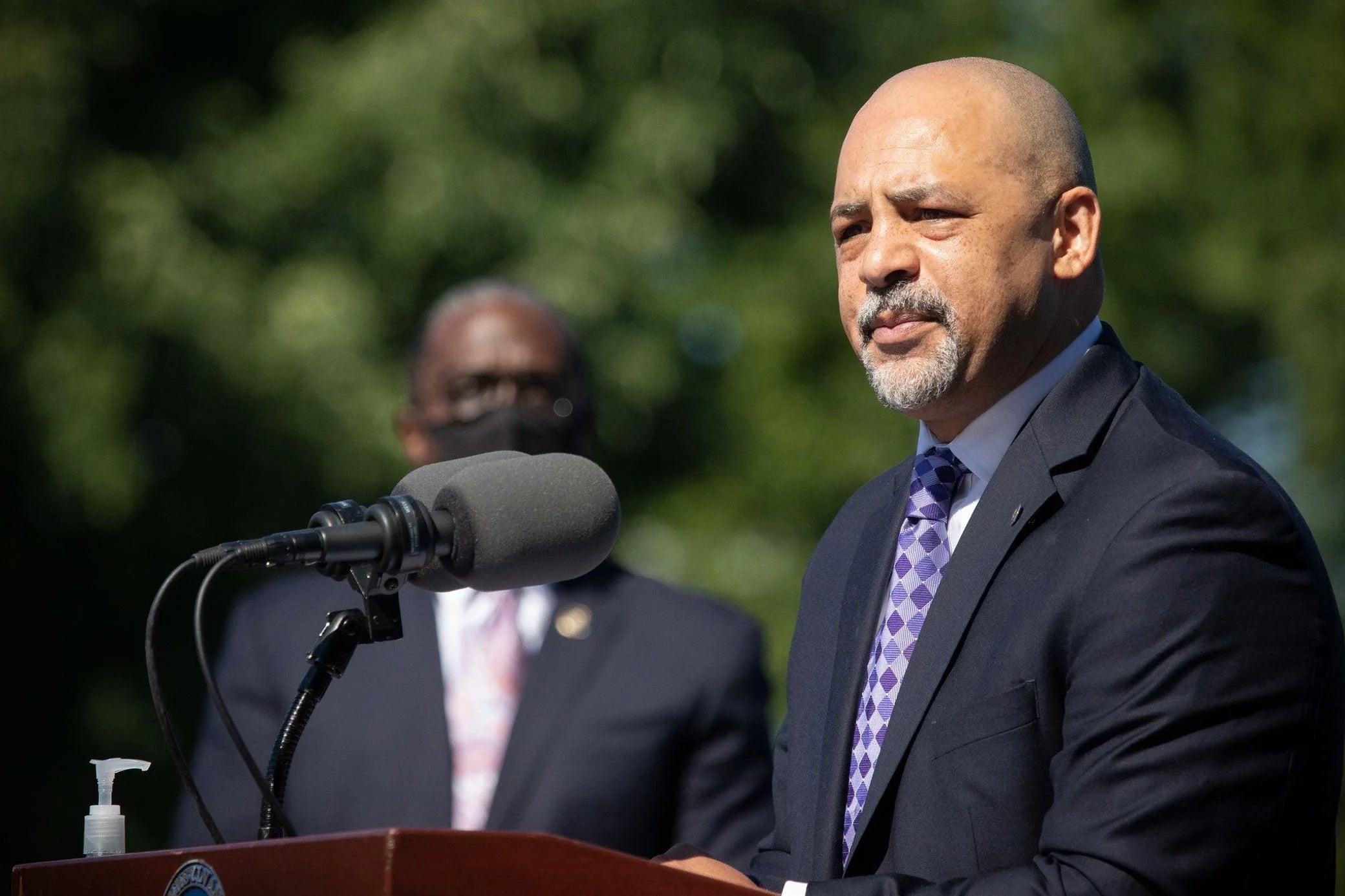
“The proposal from Representative Rabb is exactly the kind of action and investment that this moment demands,” Free Press Action’s Alex Frandsen said. “As newsrooms shrink or outright shut down — and as public media grapples with painful federal cuts — we need smart, forward-looking solutions at the state level to ensure that communities have the information they need to stay safe, connected and empowered.”
Open tabs
What we’re reading, watching and won’t stop talking about.
Nonprofit media, for the win? When I saw Joshua Benton's story at Nieman Lab, I had to share it. Joshua just published a very cool list of nonprofit outlets that are attracting audiences.

The kicker
“My only advice is, follow your dream, and do whatever you like to do the most. I chose journalism because I wanted to be in the places where history was being made,” Jorge Ramos, TIME Magazine, 2010
About the author
Julio Ricardo Varela is the senior producer and strategist at Free Press. He is also a working journalist, columnist and nonprofit-media leader. He is a massive Red Sox, Knicks and Arsenal fan (what a combo). Follow him on Bluesky.
